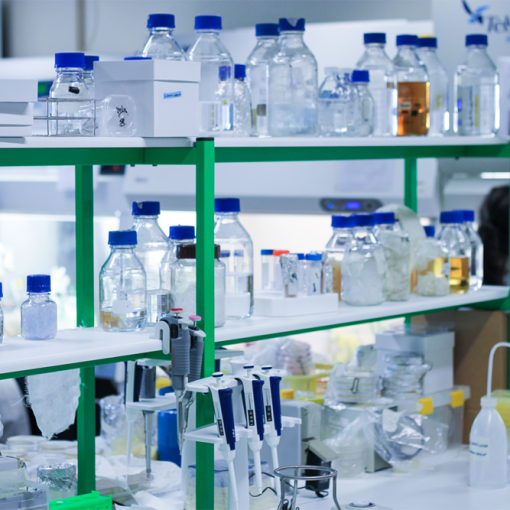The project “Baterias 2030 – The batteries as a central element for urban sustainability”, led by the company DST SOLAR, from Braga, will install a Living Laboratory for Decarbonization in three infrastructures of the Municipality of Braga; in the Gnration building, in the Services Park of the Municipality, and in the Park of Pópulo in Rua Conde de Agrolongo.
With a budget of 8.1 million euros, 5.3 million of which are financed by European funds, the Baterias 2030 consortium “bets on the development of technologies applied to the batteries of the future and their transfer to the urban environment”. The Living Laboratory “wants to assume itself as an energy community, which combines the multiple technologies developed”.
The draft protocol between the parties, which was discussed and voted on 18 April at a town hall meeting, states that the project’s technological objectives are to design, develop and validate innovative solutions in energy storage, systems/methodologies, tools and processes that contribute to the valorisation of the life cycle of (lithium) batteries and local and decentralised electrical production solutions, based on renewable sources (solar, wind, thermal and kinetic).
It also seeks solutions for monitoring, control and management of storage systems for energy communities.
The Living Laboratory is expected to materialise through the installation of prototypes of redox flow batteries; asymmetric supercapacitors; power control system; hydrogen battery: electrolyzer and hydrogen cell; “2nd life” batteries. Photovoltaic demonstrator: façade structure with photovoltaic panels; Windlights; Thermoelectric floor; Photovoltaic power station and MUPI with charger for electric mobility.
The consortium also includes companies and research institutions: Domingos da Silva Teixeira, Bysteel fs, Watt-is, SA, Innovation Point – Investigação e Desenvolvimento SA, Efacec Energia – Máquinas e Equipamentos Elétricos, Addvolt, Secil – Companhia Geral de Cal e Cimentos, Carge2C – Newcap Lda, Visblue Portugal, Unipessoal Lda, and Laboratório Ibérico Internacional de Nanotecnologia.
It also includes the Faculty of Engineering of Porto University, Instituto Superior Técnico, CENTITVC – Center for Nanotechnology and Technical, Functional and Intelligent Materials, LNEG – National Laboratory for Energy and Geology, CEIIA – Center for Engineering and Development (Association), INESC-TEC – Institute for Systems Engineering and Computers, Technology and Science, INESC Microsystems and Nanotechnologies – Institute for Systems Engineering and Nanotechnologies, the University of Minho (via IPC – Institute for Polymers and Composites), Omniflow, 3Drivers – Engineering, Innovation and Environment, Lda, Evolution, Lda, Amnis Pura, Lda.
More information about this project at https://baterias2030.pt/pt_PT/
SOURCE: Jornal de Notícias



